Change at the top for ambulance service
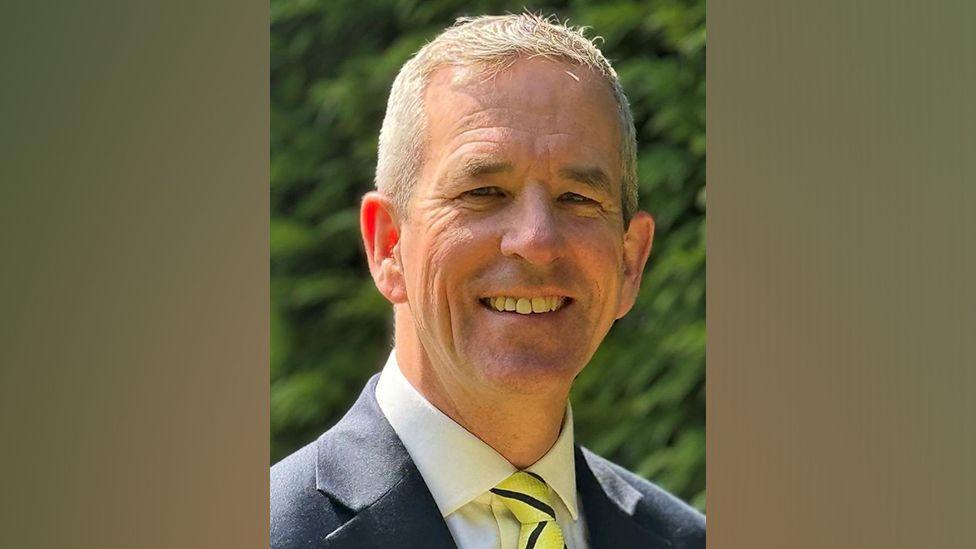
Neill Moloney will take over as chief executive of East of England Ambulance Service on 2 September
- Published
An under-pressure ambulance service has announced its latest chief executive, who will take up the post next month.
Neill Moloney is the seventh boss of East of England Ambulance Service NHS Trust (EEAST) in just under 12 years.
During that time, the service has been in special measures and was the first UK NHS trust forced to sign a legal agreement with the Equality and Human Rights Commission to tackle "high levels" of sexual harassment.
EEAST chairman Mrunal Sisodia said Mr Moloney "joins at a really important point... we have made genuine progress on many staff, cultural and operational issues".
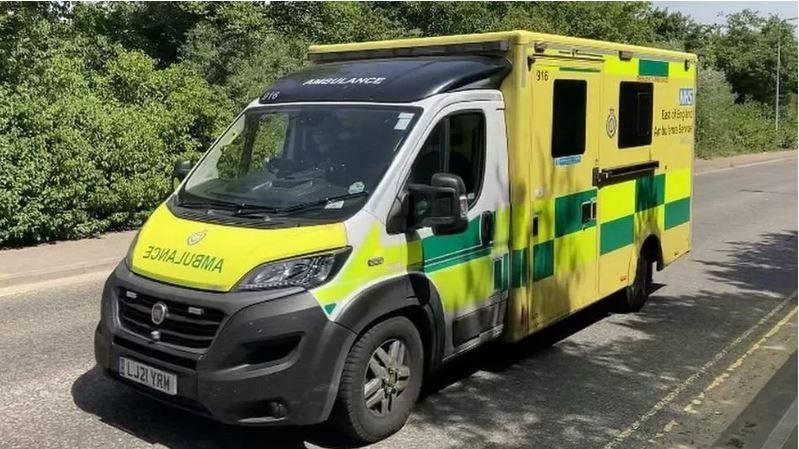
Ambulances were being kept off the road last winter due to mechanical problems
The new chief executive, who starts on 2 September, is currently a director at Mid and South Essex Integrated Care Board and Mid and South Essex NHS Foundation Trust - and has held other senior executive roles, including at NHS England.
The trust said his background in emergency care would be "vital in continuing improvements" and he was chosen over 300 applicants.
Mr Moloney echoed the sentiment and said he would "continue the great work already started", with previous leader Tom Abell having stepped down to take over at the NHS Mid and South Essex Integrated Care Board.
At the start of this year NHS England revealed the trust was being removed from "special measures" - now known as the National Recovery Support Programme - after four years.
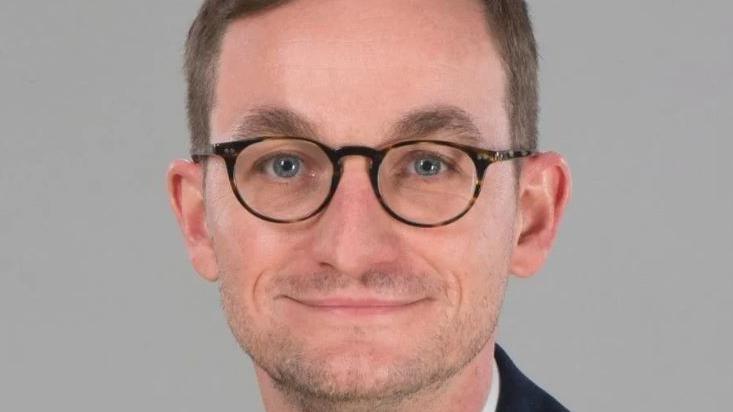
Tom Abell helped lead the trust out of special measures
Mr Abell greeted the news as a "major milestone", saying response times had "halved", with the CQC noting the trust had improved its safeguarding teams and policies.
Mr Abell joined EEAST at a tumultuous point in August 2021 after it was rated inadequate and placed in special measures the previous year, following a Care Quality Commission (CQC) inspection.
Thirteen cases of sexual misconduct had been reported to police - with bullying "normalised" at the service, according to the CQC.
The then South Norfolk MP, Richard Bacon (Conservative), called for the trust to be scrapped and replaced.
Seventh boss in 12 years
EEAST was also forced to take action over "high levels" of sexual harassment and was stripped of its ability to train apprentices because of inappropriate behaviour.
In November 2019, it emerged that three members of the service died in just 11 days.
The job of chief executive before Mr Abell was temporarily held by Dr Tom Davis after Dorothy Hosein left in January 2021, having initially joined as an interim boss in 2018.
It was held by former paramedic Robert Morton from August 2015 until September 2018, by Dr Anthony Marsh, who headed the ambulance service in both the East of England and West Midlands, from December 2013 to August 2015 - and by NHS executive Andrew Morgan, who was brought in as a temporary boss in December 2012.
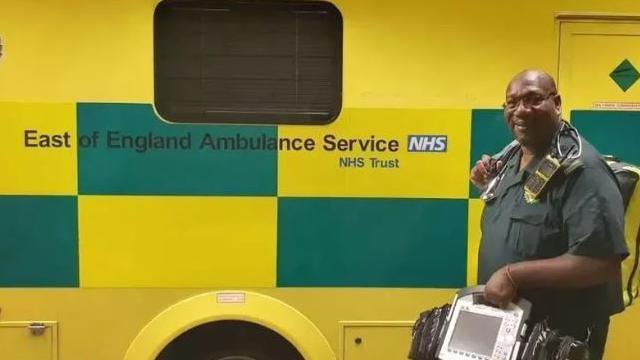
EEAST's Unison branch chairman Glenn Carrington said improvements needed to continue under the new boss
Unison's EEAST branch chairman, Glenn Carrington, said: "We're sorry to lose Tom Abell - I thought he did an admirable job in difficult circumstances - the new chief has got big shoes to fill.
"We need continuity - I've been in the service 40 years and I've seen so many chief executives... but we've got a new chief and a new government so hopefully we'll see some light at the end of the tunnel."
EEAST, which employs more than 5,000 staff and has more than 1,000 volunteers, covers Cambridgeshire, Hertfordshire, Bedfordshire, Norfolk, Suffolk and Essex.
Analysis by Nikki Fox, BBC Health Correspondent, East of England
"Challenging times continue for the East of England Ambulance Service due to staff shortages and vehicles being off the road, but under Tom Abell's tenure the issues of a poor organisational culture seem to have improved.
He has brought the service out of "special measures" and it appears to be heading in the right direction.
Over the past 18 months, response times to the most serious calls have dramatically improved and that is largely down to how the trust has been working with hospitals to free up ambulances waiting outside A&E departments, getting them back out on the roads quicker.
However, at one point last winter more than a quarter of the trust's ambulances were off the road due to mechanical problems.
So while things look on the up, Neill Moloney will be striving to take those improvements already made further."
Follow East of England news on X, external, Instagram, external and Facebook: BBC Beds, Herts & Bucks, external, BBC Cambridgeshire, external, BBC Essex, external, BBC Norfolk, external, BBC Northamptonshire, external or BBC Suffolk, external.
Related topics
- Published2 August 2024
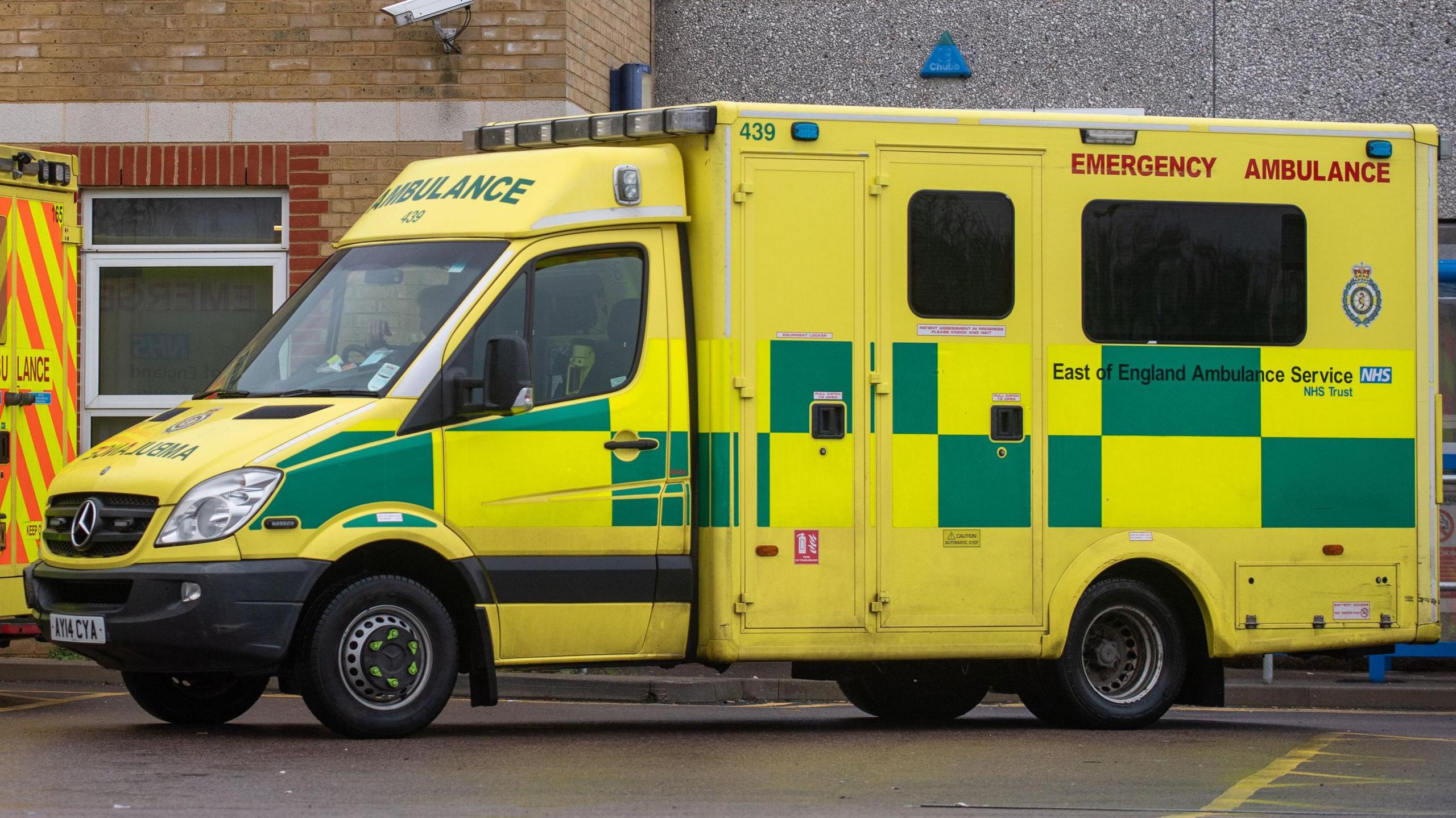
- Published13 May 2024
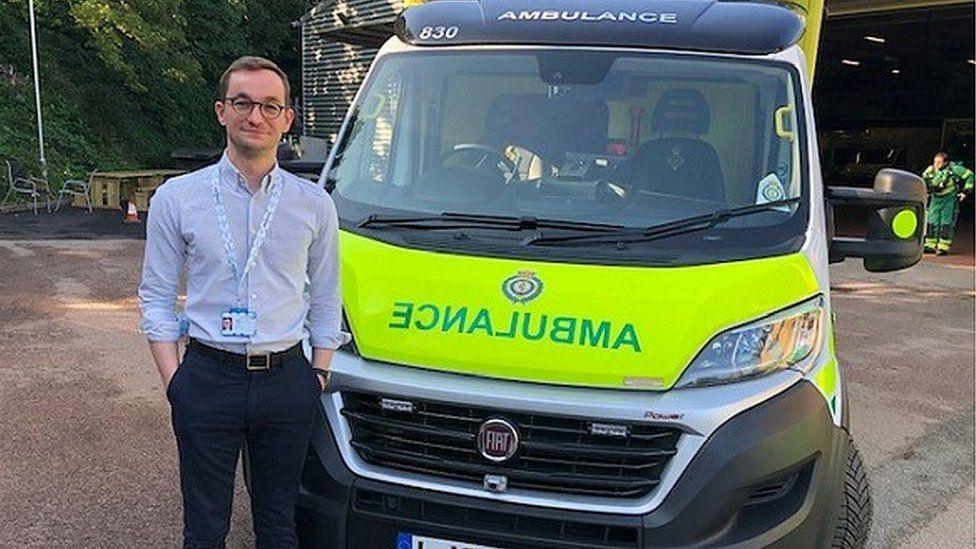
- Published10 January 2024

- Published9 January 2024
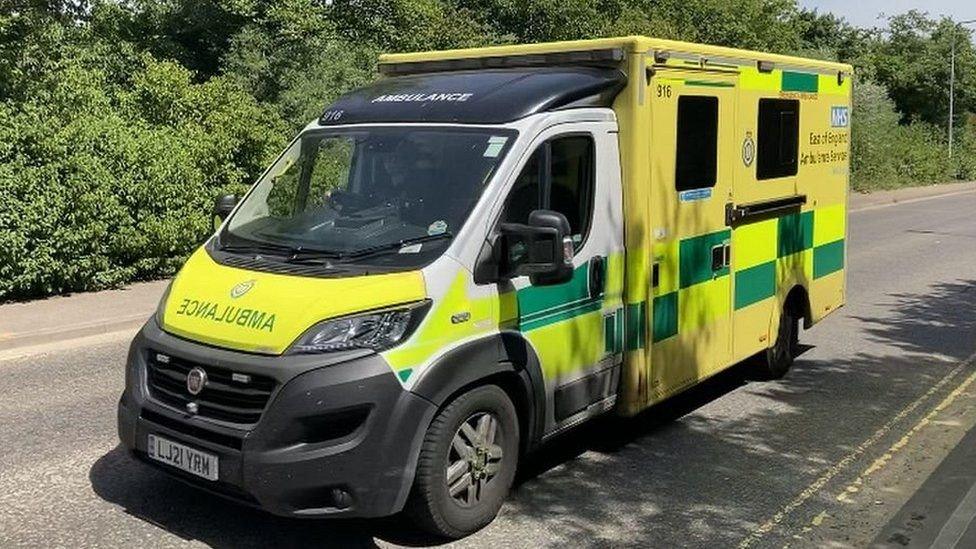
- Published4 January 2024
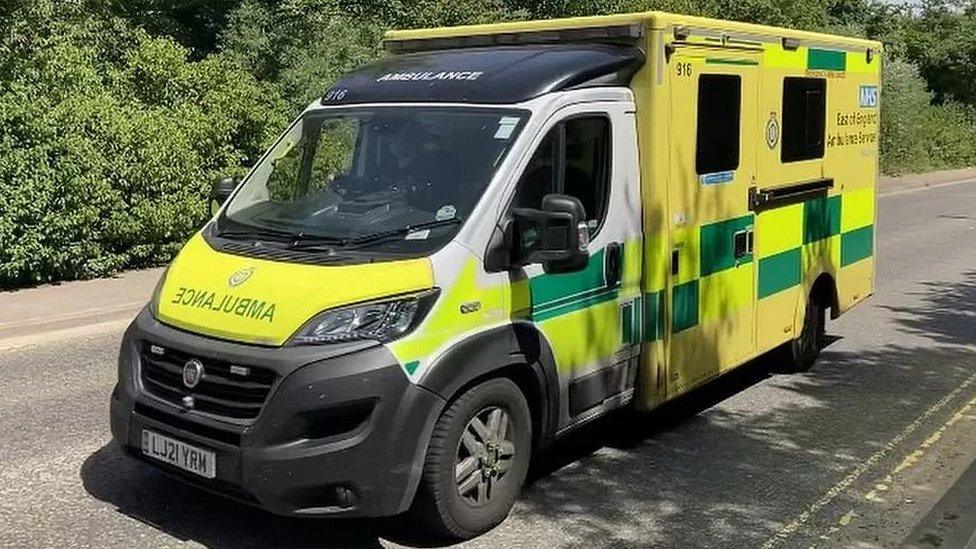
- Published13 July 2022
